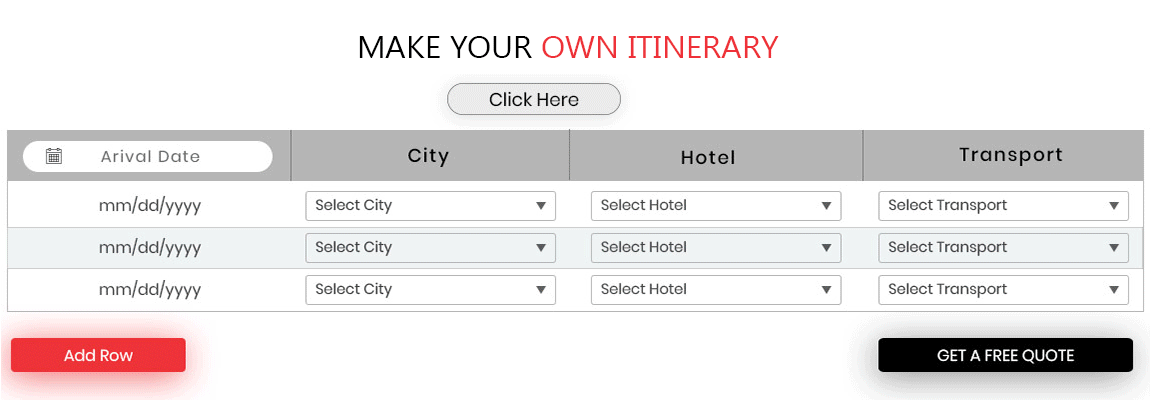vaikunta ekadasi
Dates
To be AnnouncedLocation
All Over IndiaVaikuntha ekadashi- When gates to heaven open for all
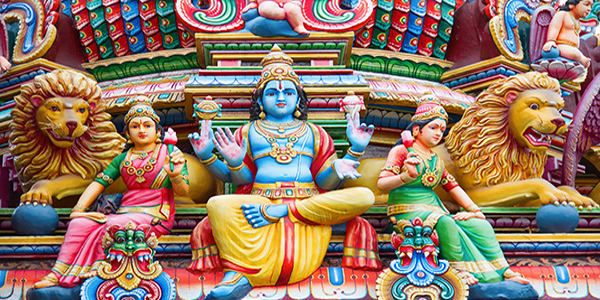
Vaikunth Ekadashi is celebrated by millions of Hindus all over the world in the Dhanu/Marghazhi month of the Hindu Calendar. It is considered one of the most auspicious day dedicated to worshiping Lord Vishnu. Out of all the 24 Ekadashi’s in a year, this Ekadashi is deemed to be the most important. It is believed that on the special day of Vaikunth Ekadashi the gates of Vaikunth open to all, making it easier for the devotees to reach the Land of their supreme god, Lord Vishnu.
‘Vaikunth’ is comprised of two words: - ‘Vai’ and ‘Kunth’. The Hindi word ‘Kuntha’ means shortage and ‘Vaikunth’ means a place lacking any shortage; a place full of prosperity. In Indian mythology, Vaikunth is the adobe of Lord Vishnu, considered even better than the Swarga (heaven). ‘Ekadashi’ is a spiritual day in Hinduism occurring twice in each lunar month on the 11th day of each lunar phases. ‘Ekadashi’ in Sanskrit stands for 11. It is considered holy to fast on Ekadashi than any other religious event.
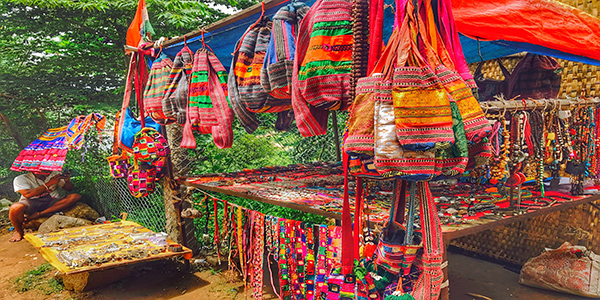
Na Gaayathrya para manthra, Na maathu para dhaivatham, Na kaasya paramam theertham, Na ekadasya samam vratham
(There is no manthra superior to Gayatri mantra, there is no dhaivam superior to one’s mother, there is no sanctifying teerth better than kaashi and there is no vrath more sacred than Ekadashi)
People diligently observe fast on Ekadashis. It is an old tradition followed by many Hindu families. Ekadashi occurs 3 days before the full moon. Thus, fasting on Ekadashi is considered the best time to clean the bowel system.
Also, full moon has a strong affect on the ocean and since the human body is made up of 60% water it affects the human body and thus the brain too. Fasting 3-4 days before full moon is believed to keep one away from the problems.
Vaikunth Ekadashi is marked by the killing of the demon Muran by Vishnu in the form of ‘Ekadashi’. Like other Ekadashi, devotees fast and stay awake the whole night. This is sometimes accompanied by meditation, jap or singing Hari Kirtan.
In the legend, the demon Muran stands for the qualities of the two gunas – Rajas and Tamas which comprise of lust, passion, chaos etc. When one is able to conquer these tendencies and is able to dispel them at his own will he is able to attain the third guna – Satva which comprises of goodness, productivity and harmony. This is achieved through fasting and keeping vigil. By fasting and avoiding certain foods, it becomes easy to keep the tendencies of the Rajas and Tamas gunas at bay. This breaks the repetitive regime of life and leads to the purification of the body as well as the mind and establishes a harmonious relationship between them. It is a sacrifice made to the self, by the self.
By keeping vigil at night, the system slows down naturally, and one tunes in to the awareness of his mind and its content. By watching at the mind, the mind becomes still, and one enters a state of meditativeness, attaining freedom or peace, which is acquired through merging of mind with self.
The tradition also restricts the consumption of rice, as it is said that Muran resides in it and will find the way to Vaikunth if consumed. This signifies that one should abstain from involving tendencies that can hamper one’s progress towards attaining Satva.
In relation to Mahabharat, Bhagvad Gita the conversation between and Arjun and Krishna is said to be developed on this day. And on this day, it is believed Arjun reached his height of knowledge and wisdom.
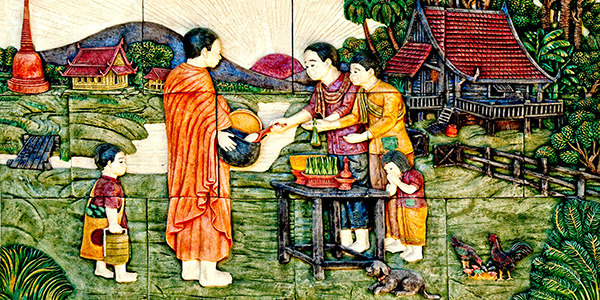
According to the Padma Purana, the devas were unable to bear the tyranny of the Demon Muran approached Lord Shiva to seek his help. Lord Shiva, then directed them to Lord Vishnu. When Vishnu went to battle with the demon a realization dawned upon him that he needed a stronger weapon to finish Muran. Lord Vishnu retired to a cave to make the weapon. On the 11th day of the lunar phase the demon attacked Lord Vishnu while he was sleeping but a was saved by the female energy of Lord Vishnu. Impressed by her valor and dedication, Lord Vishnu gave her the name ‘Ekadashi’ and granted her a boon. Ekadashi asked for people to fast on this day and get rid of all their evils and sins. Lord Vishnu granted her the boon and declared this day to be celebrated as Vaikunth Ekadashi, when sincere devotees would attain Moksha.
Another parallel story runs that Vishnu had opened the gate of his adobe (Vaikunth dwar) for two demons even when they were against them. The two demons asked for a wish where anyone who sees Vishnu coming out of the doors of Vaikunth, will reach Vaikunth as well. Thus, temples of Vishnu in South India have made a door-like structure called Vaikunth Dwar, which open once a year on Vaikunth Ekadashi.
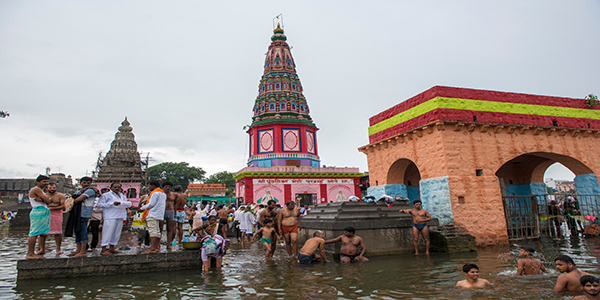
Vaikunth Ekadashi is festively celebrated in all the Vaishnaite temples in South India. Elaborate arrangements are made in the temples which is visited by a large number of people. The Vainkunth Dwara which is situated on the north side of the temple is opened on this day of the year. The devotees staunchly believe that his door will take them to Vaikunth and help them achieve moksha.
The devotees start their days by waking up early and chanting Suprabhata Strotam to wake up Lord Vishnu. The god is offered a grand aarti with incense sticks, diyas, vastra and fragrant flowers. Then they get ready and make their way to the Vaikunth Dwara. Many people even wait the whole previous night to get entry into the Vaikunth Dwara. A fast is observed by all the devotees and maintain a mauna vrat, silence, remembering Vishnu in their prayers. This is observed with utmost diligence and self-restraint. Usually, they only consume water o milk. People also observe vigil the whole night either meditating or chanting bhajans.
The fast is broken on the next morning in the early hours with fruits, herbs and milk. Amla is considered the best way to break it to provide the nourishment needed to jump-start the system.This way one connects with their deeper being, bringing clarity and empowering them to return to their normal routine with greater vigor and conviction.
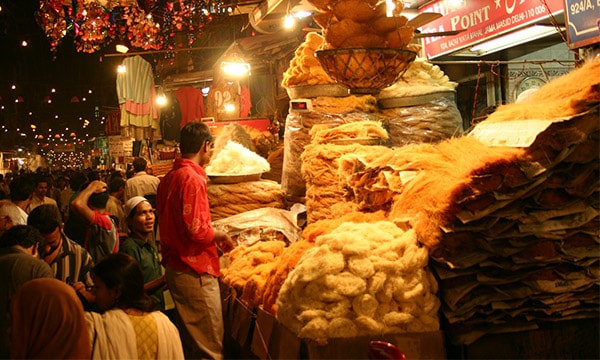
All India travel package
Delhi - Agra
Jaipur - Bombay - Bangalore - Mysore - Pushkar - Cochin - Alleppey - Periyar -Madurai - Tanjore - Pondicherry - Mahabalipuram - Kanchipuram - Calcutta - Varanasi
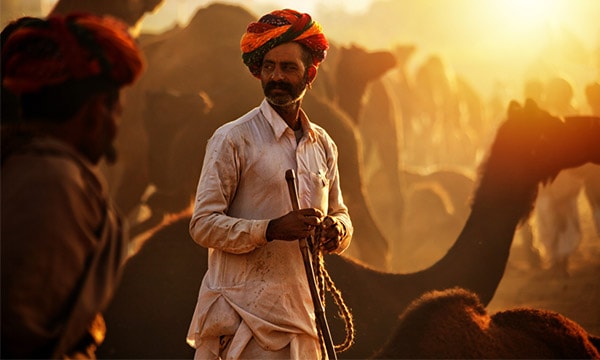
Rajasthan tour package
Delhi - Mandawa
Bikaner - Jaisalmer - Jodhpur - Rohetgarh - Kumbhalgarh - Udaipur - Ranakpur - Chittorgarh - Pushkar - Kota - Bundi - Samode - Jaipur - Karauli - Gwalior - Agra - Bharatpur - Fatehpur Sikri - Delhi
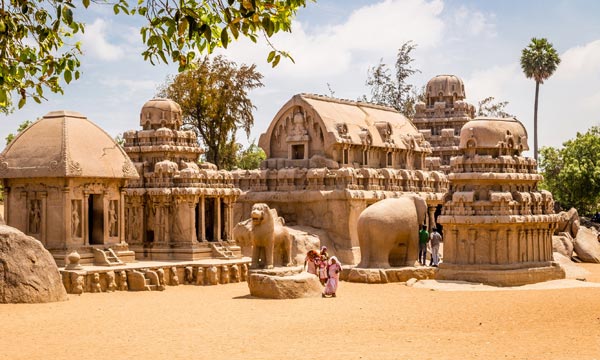
South India Tour with Goa
Chennai - Mahabalipuram
Kanchipuram - Trichy - Madurai - Periyar - Cochin - Bangalore - Mysore - Belur - Halebid - Hassan - Hospet - Badami - Goa - Bombay
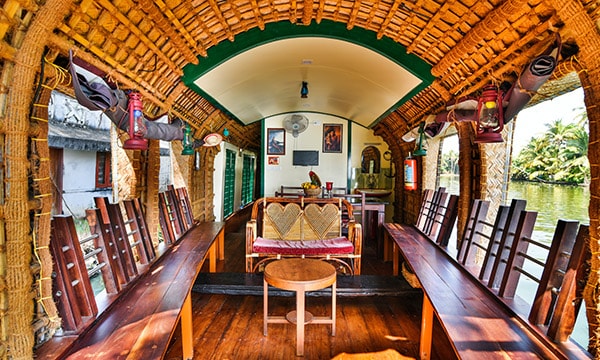
Kerala backwater houseboat tour
Cochin - Munnar
Kodaikanal - Periyar - Alappuzha - Mararikulam - Cochin








